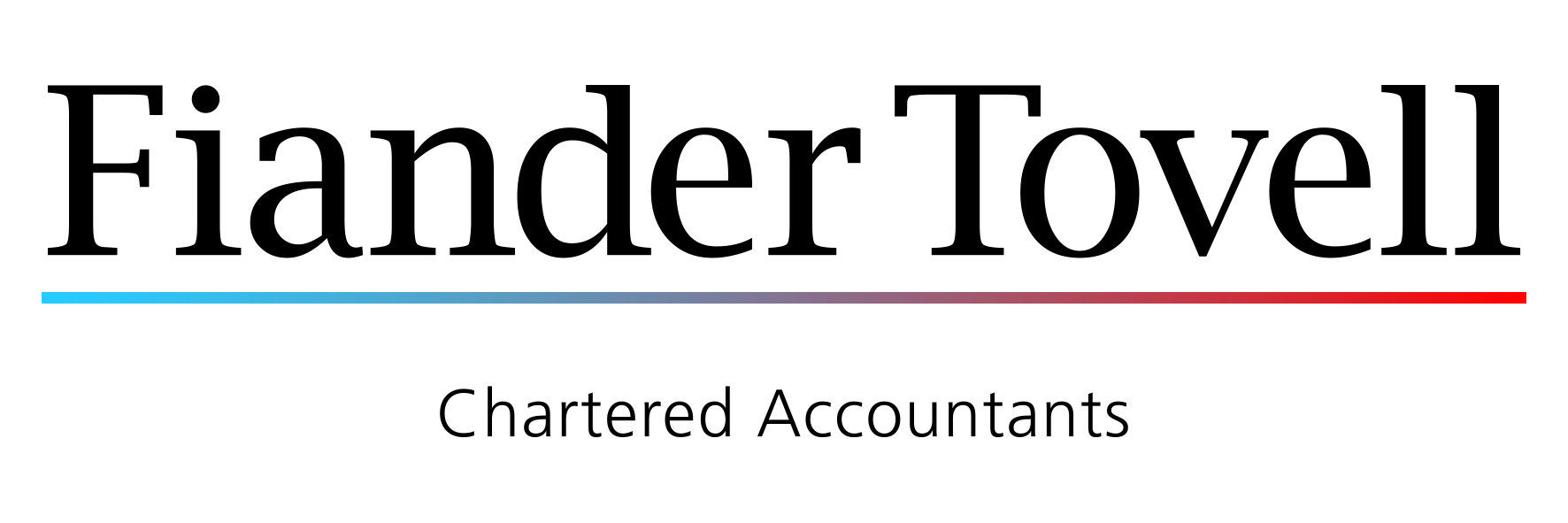One of the more common questions we face is what accounting records a business must keep and for how long. Record-keeping can feel like a significant administrative burden, with costs and potential penalties for non-compliance.
Rest assured, this guide will take you through the essential accounting records you need to maintain along with their retention periods, making it easier for you to stay organised and compliant.
Limited Companies
As a limited company, you must keep records that accurately reflect your financial position and comply with the Companies Act 2006. These records should include:
- Daily transaction entries: All money received and expended by the company and the related matters.
- Asset and liability records: Detailed records of your company’s assets and liabilities.
- Stock records: For businesses dealing in goods, a year-end statement of stock and supporting stocktaking records. If you are a non-retail business, you must maintain records of all goods sold and purchased, including buyer and seller details.
As a parent company, you must ensure your subsidiaries also maintain adequate records. Records must be kept for at least 3 years (6 years for public companies). Failure to maintain these records is a criminal offence, potentially resulting in imprisonment or fines.
HMRC Requirements
Beyond company law, HMRC requires businesses to retain records supporting their tax liabilities. This includes:
- Financial records: Bank statements, invoices, and contracts.
- Estimates and judgments: Details impacting tax calculations, such as provisions for bad debts or stock obsolescence.
Your records must be kept for 6 years from the end of the financial year they relate to. This period extends if tax returns are late or under HMRC enquiry.
Individuals and Partnerships
The record-keeping requirements for individuals and partnerships mirror those for companies. Individuals must also keep records for other aspects of their self-assessment tax returns, like dividend vouchers or interest statements. For partnerships, you should appoint a nominated partner responsible for tax returns and business records.
Records must be kept for at least 5 years after the 31 January submission deadline of the relevant tax year. If your return is filed late, records must be kept for 15 months after filing.
Value Added Tax (VAT)
VAT-registered businesses must keep records of sales and purchases, including:
- Invoices issued and received
- Self-billing agreements
- Import and export documents
- Details of non-reclaimable VAT items
Additionally, a separate VAT account must be maintained to record:
- Total VAT sales and purchases
- VAT owed to or reclaimable from HMRC
- Flat rate scheme details (if applicable)
VAT records generally must be kept for 6 years, with some exceptions like bad debt relief records, which only need to be kept for 4 years.
Employers
If you employ people to work for your business, then you must maintain payroll records, including:
- Employee payments and deductions: PAYE, national insurance, student loan repayments, etc.
- Employee leave and sickness records
- Tax code notices and taxable benefits
Payroll records must be kept for 3 years from the end of the tax year they relate to. It is also advisable to keep your records supporting employment status determinations and compliance with national minimum wage requirements.
Record Formats
Records can be kept in physical, electronic, or software formats but must be easily retrievable. Increasingly, certain records must be retained digitally, especially for VAT-registered businesses under HMRC’s Making Tax Digital initiative. All records should be orderly, complete, accurate, and compliant with data protection rules.
How can we help?
Proper record-keeping is crucial for compliance and financial transparency. By understanding and adhering to these requirements, your business can avoid penalties and ensure smooth financial and tax operations.
We are here to help your business throughout every stage of your journey by providing guidance and advice. If you would like to discuss record keeping requirements, or need help navigating any issues, please contact us our Commercial Client Director, Fabrice Legris, at fabrice.legris@fiandertovell.co.uk

